忘记密码
+86
密码必须为6-16位数字、大写字母、小写字母、特殊符号四种组合的字符。
首页 > 科学研究
研究方向
人工智能基础理论
开展人工智能前沿基础理论研究,包括机器学习、强化学习、深度学习、知识计算、因果推理、信息安全等;关注人工智能交叉学科研究,探索数据驱动的科学研究新范式。
人工智能开放平台
构建人工智能新型大数据、算法和算力等平台,全面支撑人工智能基础和应用研究。
人工智能基础软件和基础硬件系统
开展人工智能基础软硬件系统的研发,构建技术生态的软硬件基础,包括新一代人工智能训练框架、编程语言、编译器等基础软件,人工智能芯片、传感器等基础硬件。
人工智能应用
探索人工智能技术在城市、交通、医疗、教育、文旅、金融、制造业等行业的应用,关注新领域,开展共性技术平台的研发。
人工智能核心技术
发展新一代人工智能技术,包括计算机视觉、自然语言处理、语音处理、决策智能、智能机器人、城市计算、计算机图形学、数字孪生等。
人工智能伦理与政策
关注人工智能可能引发的经济、社会、伦理、法律、安全、隐私和数据治理等问题,提出解决方案,提供政策参考。
















